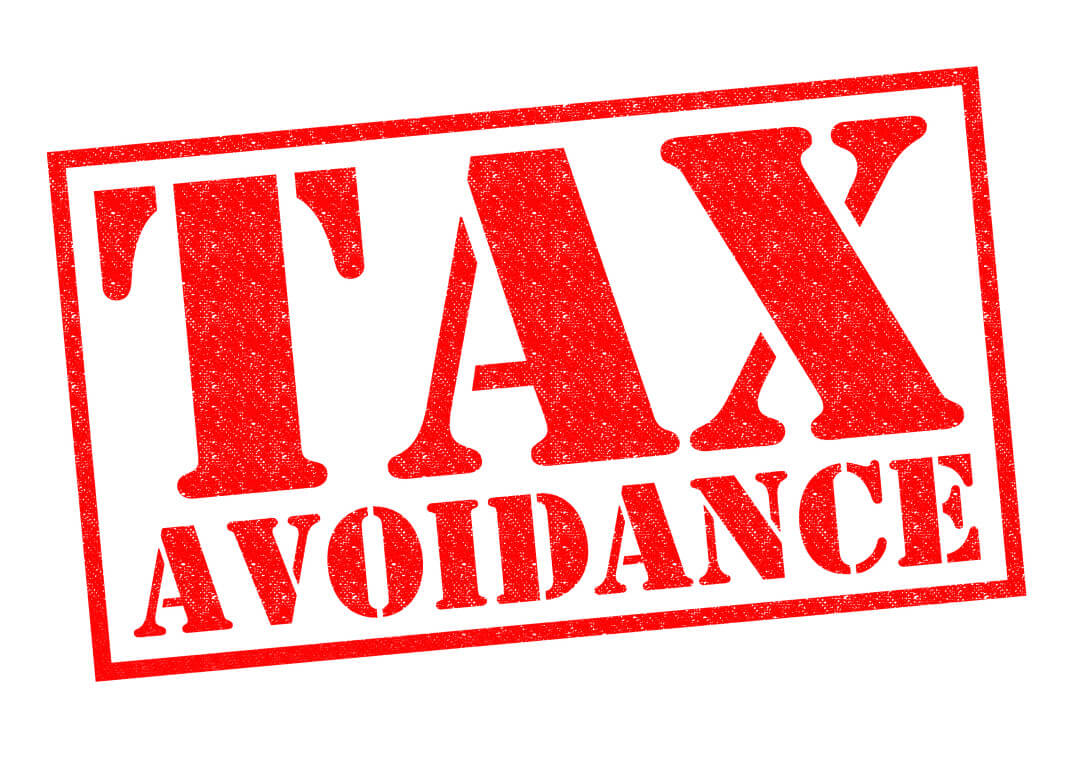In this Marco Eagle piece, Irv Blackman gives an overview of the typical five-step approach used to avoid unnecessary taxes and keep more of your wealth in your family.
[x_blockquote cite=”Irv Blackman” type=”left”]I focus on the assets that make up your wealth and how to get all — every dime — of your wealth to your family; no taxes lost to the IRS. [/x_blockquote]Why do so many business owners consider the IRS the enemy? Here’s why. It’s sad but true: Most successful business owners spend a lifetime accumulating wealth. But the instant they die (or their surviving spouse dies if married), they lose about 40 percent of their wealth — by law — to the IRS. Why? The wealth-robbing estate tax monster.
Incredible! Maybe a better question is how can there be such a big difference? In one case the IRS gets 40 percent (or more). In another case the family keeps all the wealth.
Based on my experience, here’s the reason the IRS wins so often. Most estate planners — typically a CPA, lawyer, insurance consultant or financial planner — are armed with a computer program. The planner estimates what your wealth might be when you go to your reward. The program is driven by your estimated life expectancy, inflation, estimated after-tax earnings and what you might spend. Good stuff? For example, a popular computer program, using the typical assumptions for a husband and wife (both 60 years old), predicts that a current $4 million in assets will grow to $17 million in 28 years (the life expectancy of the last to die of the two 60-year-olds). The program estimates the estate tax liability at $2.4 million.
Then the program suggests various tax strategies to reduce (but not eliminate) that whopper estate tax liability. At best, the IRS will still get a big payday; unfortunately at the expense of your family.
I don’t use estate planning computer programs. Instead, I focus on the assets that make up your wealth and how to get all — every dime — of your wealth to your family; no taxes lost to the IRS.
Following is an overview of the typical five-step approach used to keep your wealth in the family.
Freeze estate. Freeze the value of your assets for estate tax purposes (the tax strategies used are shown in parenthesis in the text that follows). Very important: You continue to control each asset for as long you live.
Reduce the value of specific assets for tax purposes. (a) A QPRT (qualified personal residence trust) for your residence (b) an IDT (intentionally defective trust) for your business; (c) a FLIP (family limited partnership) for other assets — typically real estate, publicly held stock, bonds and other investments; and (d) proper valuation of your family business (taking all discounts allowed by law).
Get into a tax-free environment. There are two basic tax-free environments: (a) life insurance and (b) charity (charitable lead trust/charitable remainder trust). Get into one or both of these environments as quickly as possible. Then, you can ride the tax-free gravy train for as long as you live. And often, your family can continue the ride even after you go to heaven.
Create wealth using the government’s money. For example, burn a $100 bill. It’s gone. Out of your estate. In a 40 percent estate tax bracket, you burned $40 of the IRS’ money and $60 of your money. The concept is to buy life insurance (the IRS paying 40 percent of the premium) and keep the policy proceeds out of your estate (policy owned by an irrevocable life insurance trust). If you have money in a qualified plan — 401(k), rollover IRA, pension or profit-sharing plan — use a strategy (qualified plan rescue) where the IRS pays about 62 percent of the premium.
Make the final test. Ask this question: Will my family wind up with ALL my wealth? (If you are worth $6 million or $60 million or whatever, your family must wind up with the entire $6 million or $60 million or whatever, all taxes — if any — paid in full.) If the answer is not a unequivocal “Yes” … get a second opinion … otherwise the IRS will win.
Note: For more estate-planning advice, read my blog How Often Should You Review Your Estate Plan?
Source: Do or die benefiting the IRS







